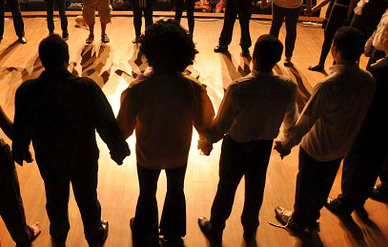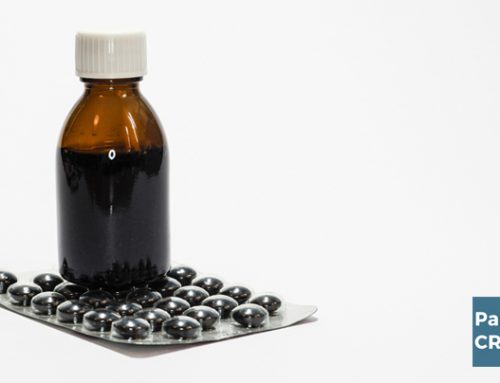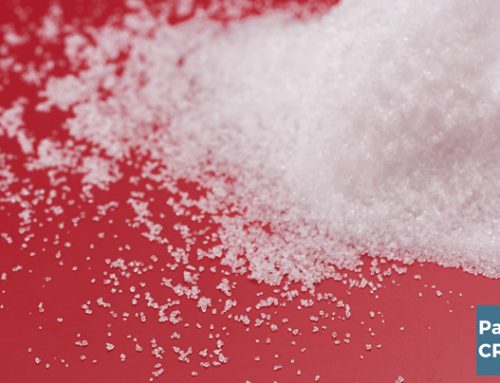Maia Szalavitz believes that science can be an effective option for those struggling with an opioid addiction. She should know. She’s had to go through her own struggle with heroin and cocaine addiction.
For almost 30 years, Szalavitz has been doing research and has written about addiction and drug policy and what she has found may surprise you. Currently, there are no federal standards for counseling practices or rehab programs and many “professional” counselors haven’t gone through any standardized training. Often patients go through treatment that is more often than not, ineffective and in some cases, more harmful than no treatment at all. But there is hope for those willing to embrace what science has to say about using evidence-based medicine to treat opioid addiction. Szalavitz wrote about evidence-based medicine recently for Five Thirty Eight.
Today, medical expects at the National Institute on Drug Abuse are learning that addiction is more than just needing “something” in order to function and not suffer symptoms of withdrawal. They have found that those with an opioid addiction often have other mental health issues to deal with as well like depression, anxiety, post-traumatic stress disorder, ADHD, bipolar disorder and/or anti-social personality disorders.
Because of this, these medical experts believe that traditional “interventions” or “tough love” by family members, popular treatment by many today, can have dire consequences. Instead, the alternative program known as Community Reinforcement and Family Therapy has found that its program is twice as effective in getting patients into treatment. For the actual treatment, they have also found that the better treatment may be the long-term use of methadone or buprenorphine (Suboxone). While this may seem like the doctors are just switching out one drug for another, the truth of the matter is that when used correctly, the right dosage will prevent a “high” and not impair the patient allowing them to drive and work as normal.
Read the full article: What Science Says to do if Your Loved One has an Opioid Addiction






